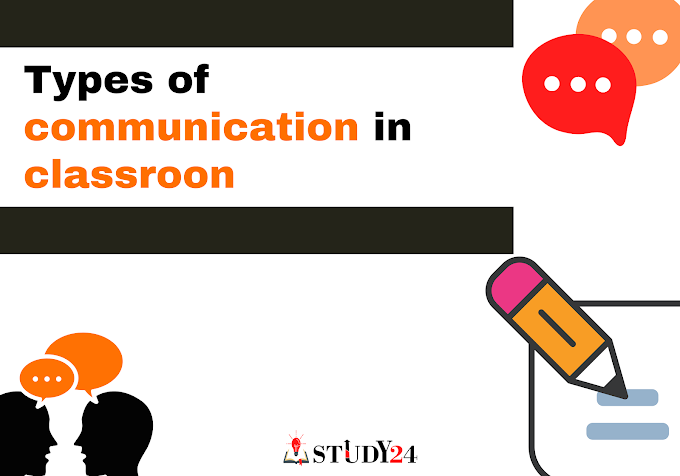Classroom communication exists in three categories :
1. Verbal
2. Non-verbal
3. Written
Verbal communication means anything that a teacher or student, performs through speaking to each other.
Nonverbal communication refers to the body language that people express.
Written communication is writing directed at a specific audience, such as report card comments or student assignments.
TYPES OF CLASSROOM COMMUNICATION
1. Teacher/class communication
Teacher/class communication exists when a teacher communicates with his entire class.
For example, if a teacher asks students to "stop talking" this is a direct form of verbal communication
There are ways for teachers to communicate nonverbally also like through expression, posture and gesticulation to the students.
2. Teacher/student communication
This type of communication is effective for teachers who want to communicate a private message,
Such as a talk about constant inappropriate behavior or about leadership role in the class.
3. Student/teacher communication :
4. Student/student communication :
5. Student/class communication :



.png)


0 Comments